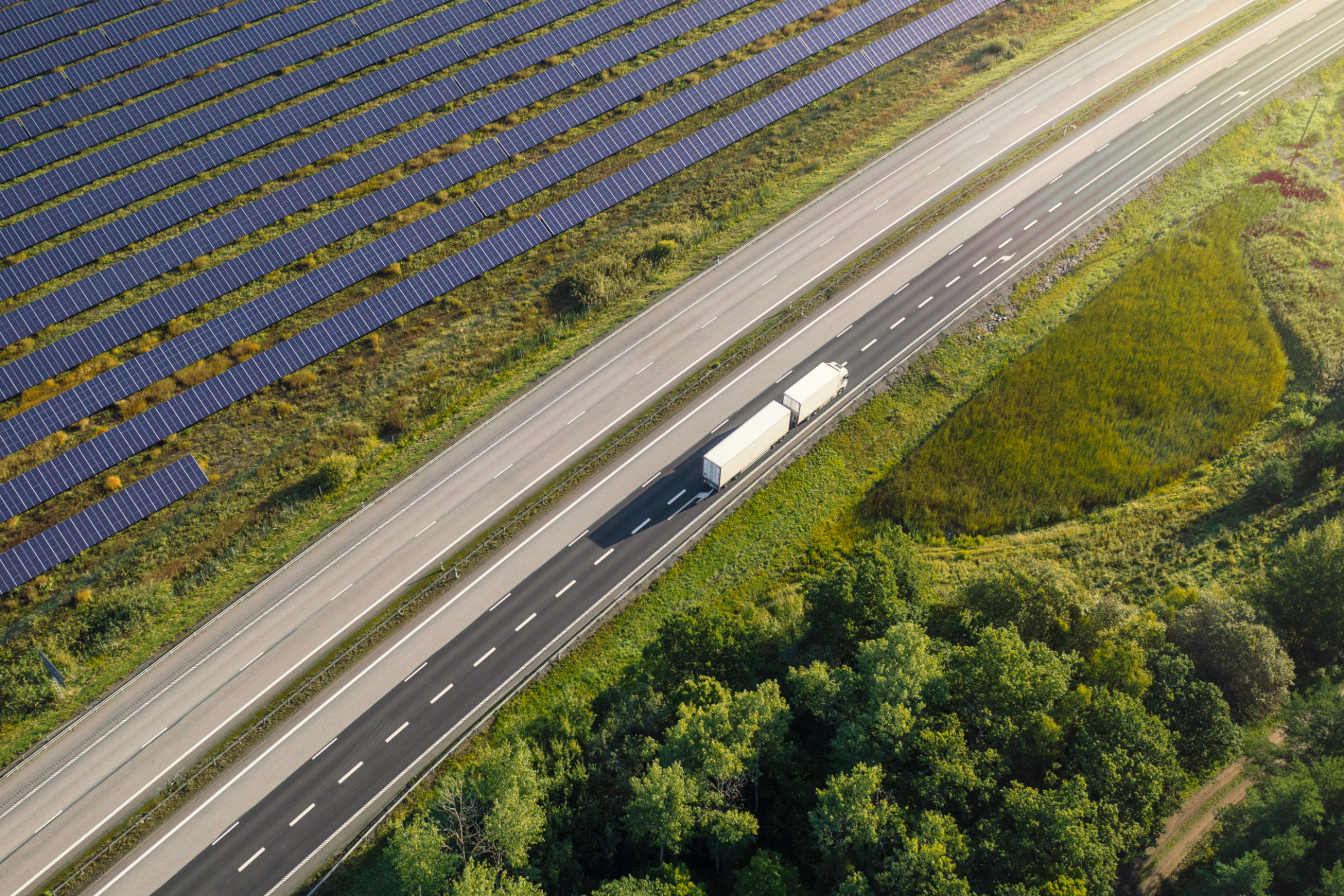Exploring the Latest Trends in Sustainable Trucking Solutions
Introduction to Sustainable Trucking
The trucking industry is undergoing a significant transformation as companies and manufacturers seek to implement more sustainable practices. With growing environmental concerns and stricter regulations, the focus on reducing carbon emissions and enhancing fuel efficiency has never been more critical. In this article, we explore the latest trends in sustainable trucking solutions that are shaping the future of transportation.
Electric Trucks: Leading the Charge
Electric trucks are at the forefront of sustainable trucking innovations. As battery technology continues to improve, electric trucks are becoming a viable option for both short and long-haul transportation. These vehicles produce zero tailpipe emissions, making them an attractive choice for companies looking to reduce their environmental impact.

Many major manufacturers are investing heavily in electric truck development, with some models already on the road. These trucks not only offer environmental benefits but also promise lower operational costs due to reduced fuel consumption and maintenance needs.
Hydrogen Fuel Cell Technology
Another promising technology in sustainable trucking is hydrogen fuel cells. Hydrogen-powered trucks offer the advantage of longer ranges compared to their electric counterparts, making them suitable for long-distance hauls. These vehicles emit only water vapor, making them an environmentally friendly option.
The development of hydrogen infrastructure is still in its early stages, but several pilot projects are underway, showcasing the potential of this technology in revolutionizing the trucking industry.

Improved Aerodynamics and Lightweight Materials
In addition to alternative energy sources, optimizing truck design plays a crucial role in enhancing sustainability. Improved aerodynamics can significantly reduce drag, leading to better fuel efficiency. Manufacturers are experimenting with various designs, including streamlined shapes and advanced materials.
Lightweight materials like aluminum and carbon fiber are being incorporated into truck construction to reduce overall weight. Lighter trucks require less energy to operate, which translates to lower emissions and cost savings.
Telematics and Fleet Management
Telematics systems are transforming how fleets are managed by providing real-time data on vehicle performance, driver behavior, and route optimization. This data-driven approach allows companies to enhance efficiency and sustainability by minimizing fuel consumption and reducing unnecessary idling.

Fleet management software also assists in predictive maintenance, ensuring vehicles are operating at peak efficiency and reducing the risk of breakdowns that can lead to increased emissions.
Alternative Fuels: Biodiesel and Renewable Natural Gas
Biodiesel and renewable natural gas (RNG) are gaining traction as alternative fuels for trucks. Biodiesel is produced from renewable resources such as vegetable oils and animal fats, offering a cleaner-burning option compared to traditional diesel.
RNG is derived from organic waste materials and can significantly reduce greenhouse gas emissions when used as a fuel. Both biodiesel and RNG offer pathways for transitioning existing diesel engines to more sustainable operations.
Conclusion: A Roadmap to Sustainability
The journey toward sustainable trucking is well underway, with a diverse range of solutions being explored and implemented. From electric and hydrogen-powered vehicles to advanced materials and alternative fuels, the industry is making strides toward reducing its environmental footprint.
As technology continues to evolve, collaboration between manufacturers, policymakers, and logistics companies will be essential to accelerate the adoption of these sustainable practices. The future of trucking promises not only environmental benefits but also economic advantages for those who embrace these innovative solutions.

